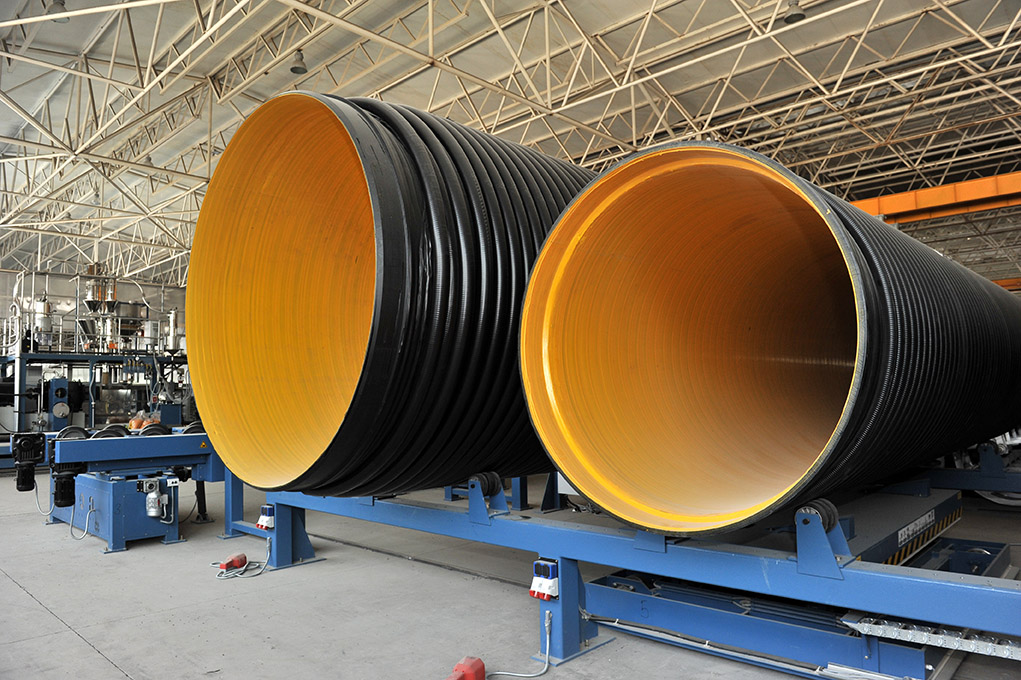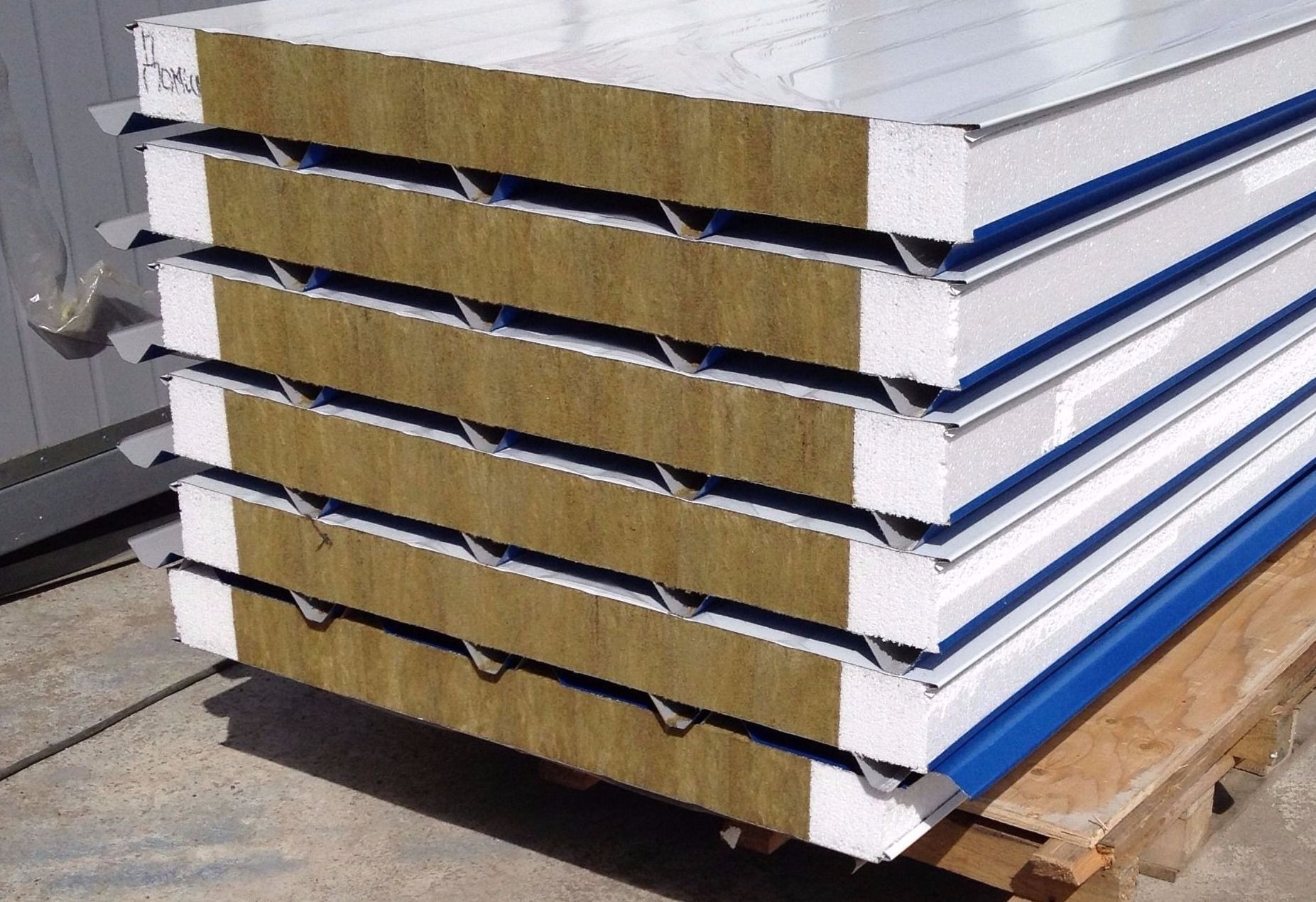
Pipes

Pipes
Pipes made of polymer materials replace conventional steel and cast iron pipelines. This change is taking place not only on a global scale -changes in citywide communications, new construction, industry, but also in the private sector. Heating, sewerage, water supply and gas supply - all these processes are carried out using pipes that can be made of various types of polymer compounds.
What are polymer pipes made of?
Polyvinyl Chloride
Sewage systems usually use white PVC pipes and fittings. Collector drains and kit elements are made from it. It can be used to transport technical liquids, for example, when processing water supply systems, when extinguishing fires.
Polypropylene
The material, which has high temperature resistance and low elasticity, practically does not bend, so pipes can only be equipped with a straight length. This increases installation costs, as the assembly of each link requires the cost of materials and human labor. Among the advantages of polypropylene are the chemical resistance inherent in all pipes made of polymer materials, affordable price, and durability.
Polyethylene
Polymer pipes made of high-density polyethylene - HDPE - are made from raw materials of the grades PE 63, PE 80, PE 100. PE 80 and PE 100 are used for pressurized and non-pressurized systems with high elasticity, strength, chemical and corrosion resistance.
Polybutene
It is the latest type of polymer material for the manufacture of pipes, it has a durability index (Mrs), low creep resistance, high temperature resistance. It does not lose its physical properties even when approaching the boiling point.
Types of polymer pipes
Polymer pipes have different purposes. The main ones are: for gas supply; sewerage; for hot water and heating; for cold water; for laying cables; pipes with drainage holes.
Corrugated pipes are more often used when laying sewer lines. Composition: due to the fact that the soil is retained under the surface, such pipes come in common types SN4, sn6, sn8.
Water pipes, on the other hand, are divided into different groups depending on the water tariff. Waterlines are usually up to 1200 inches in diameter. The pipes are connected to each other using various types of polymer accessories.
All types have records indicating their purpose, with information about the manufacturer, diameter, SDR and the standard for which they are suitable. It is strictly forbidden to use polymer pipes for other purposes and, in particular, to violate the temperature regime.
Advantages of polymer pipes
They have more advantages, which makes pipes made of polymer materials popular.
Let's highlight the main ones:
It is resistant to corrosion. Polymers do not react with oxygen, do not rust the wall and do not collapse.
It is resistant to the development of biologically active media - fungi, mold and rot do not multiply on the walls of pipes made of polymer materials.
Constant hydraulic properties and conduction velocity. Polymer tubes do not decompose under the influence of oxides and microorganisms, the space does not increase. Moreover, when used, the smoothness of the wall increases, which makes it possible to increase its performance after assembly.
Sanitary safety. They do not come into contact with the pumped medium, do not rust, do not rot.
Chemical resistance. Polymers are most resistant to aggressive liquids and abrasives.
Hardness. The approximate service life of a pipe made of polymer materials is at least 50 years.
Environmental safety. It does not affect the environment, does not emit toxins and can be used without restrictions. The catalog contains a variety of high-quality polymer tubes for various purposes.
All pipes are manufactured in accordance with international standards. You can get acquainted with UPS products at this link.
Blog
Subscribe to our newsletter





